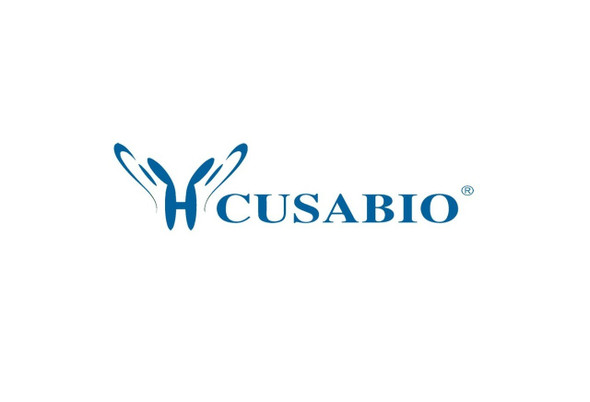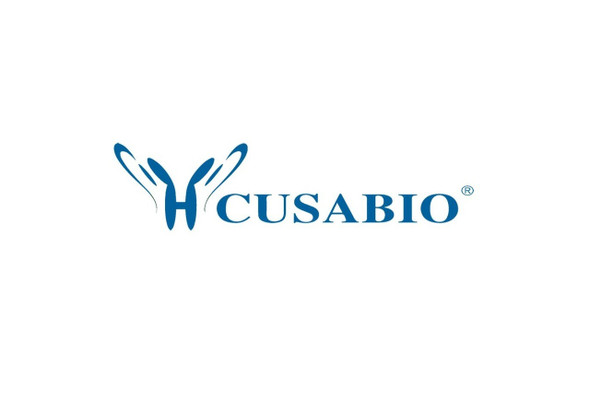Cusabio Polyclonal Antibodies
ASNA1 Antibody | CSB-PA002218ESR1HU
- SKU:
- CSB-PA002218ESR1HU
- Availability:
- 3 to 7 Working Days
Description
ASNA1 Antibody | CSB-PA002218ESR1HU | Cusabio
ASNA1 Antibody is Available at Gentaur Genprice with the fastest delivery.
Online Order Payment is possible or send quotation to info@gentaur.com.
Product Type: Polyclonal Antibody
Target Names: ASNA1
Aliases: ATPase ASNA1 (EC 3.6.-.-) (Arsenical pump-driving ATPase) (Arsenite-stimulated ATPase) (Transmembrane domain recognition complex 40 kDa ATPase subunit) (hARSA-I) (hASNA-I), ASNA1, ARSA TRC40
Background: ATPase required for the post-translational delivery of tail-anchored (TA) proteins to the endoplasmic reticulum. Recognizes and selectively binds the transmembrane domain of TA proteins in the cytosol. This complex then targets to the endoplasmic reticulum by membrane-bound receptors, where the tail-anchored protein is released for insertion. This process is regulated by ATP binding and hydrolysis. ATP binding drives the homodimer towards the closed dimer state, facilitating recognition of newly synthesized TA membrane proteins. ATP hydrolysis is required for insertion. Subsequently, the homodimer reverts towards the open dimer state, lowering its affinity for the membrane-bound receptor, and returning it to the cytosol to initiate a new round of targeting (By similarity) . May be involved in insulin signaling.
Isotype: IgG
Conjugate: Non-conjugated
Clonality: Polyclonal
Uniport ID: O43681
Host Species: Rabbit
Species Reactivity: Human
Immunogen: Recombinant Human ATPase ASNA1 protein (1-348AA)
Immunogen Species: Human
Applications: ELISA, IHC, IF
Tested Applications: ELISA, IHC, IF; Recommended dilution: IHC:1:20-1:200, IF:1:50-1:200
Purification Method: Antigen Affinity Purified
Dilution Ratio1: ELISA:1:2000-1:10000
Dilution Ratio2: IHC:1:20-1:200
Dilution Ratio3: IF:1:50-1:200
Dilution Ratio4:
Dilution Ratio5:
Dilution Ratio6:
Buffer: PBS with 0.02% sodium azide, 50% glycerol, pH7.3.
Form: Liquid
Storage: Upon receipt, store at -20°C or -80°C. Avoid repeated freeze.
Initial Research Areas: Signal Transduction
Research Areas: Cell biology;Metabolism;Signal transduction











